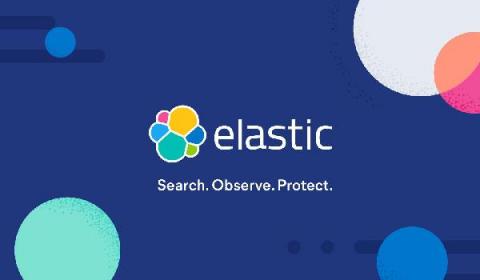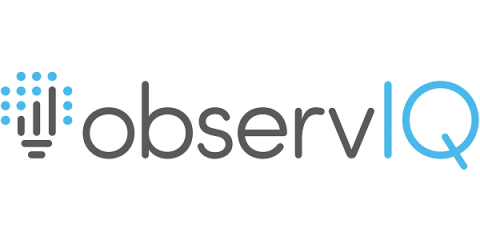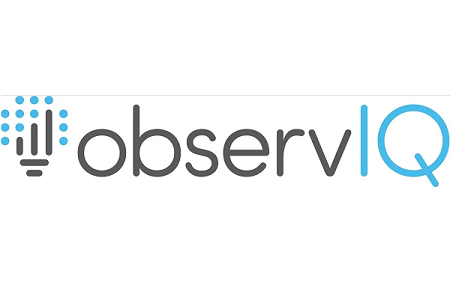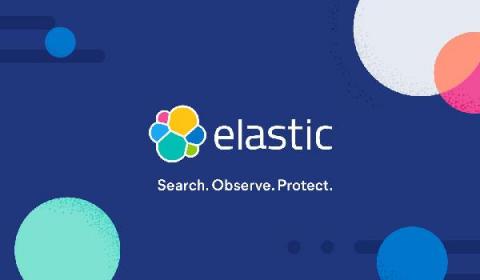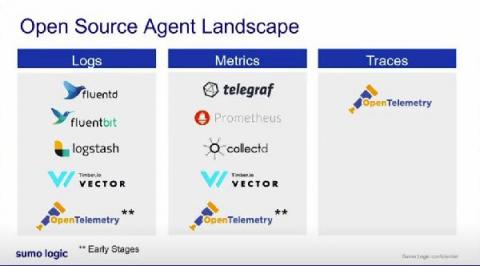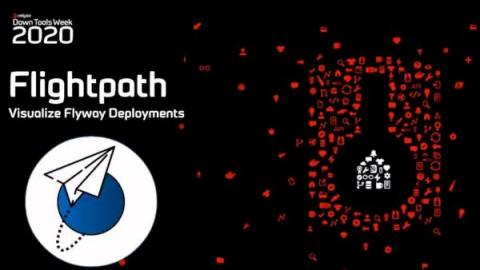Which Open Source Bug Tracking Tools Would Be Best For You?
With the increase in open-source software tools, developers have become more powerful. Open Source refers to an openly distributed code which allows users to inspect, modify and enhance it. It includes a license that allows users to utilize the source code and you can also modify and share under defined terms and conditions.


